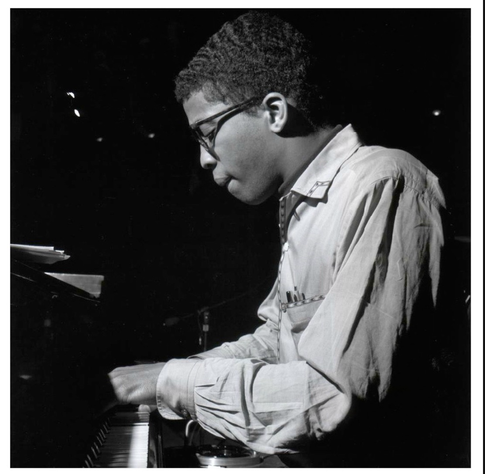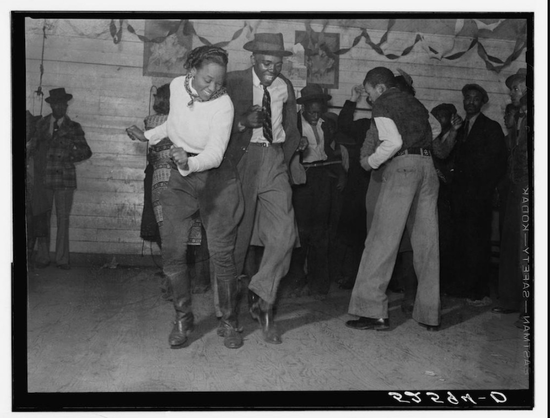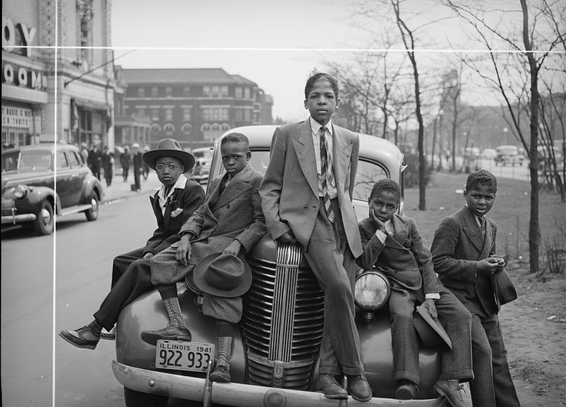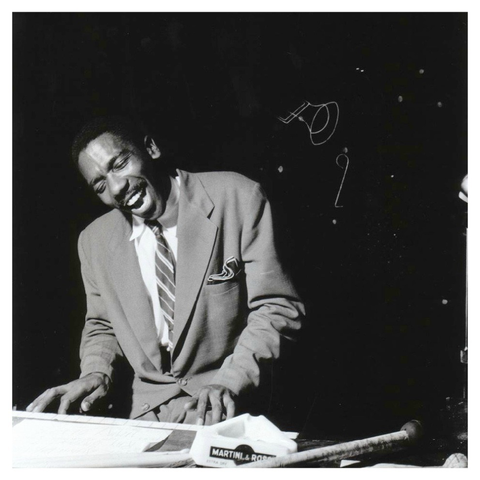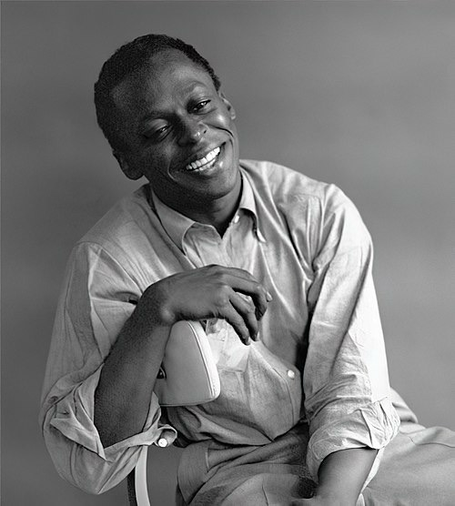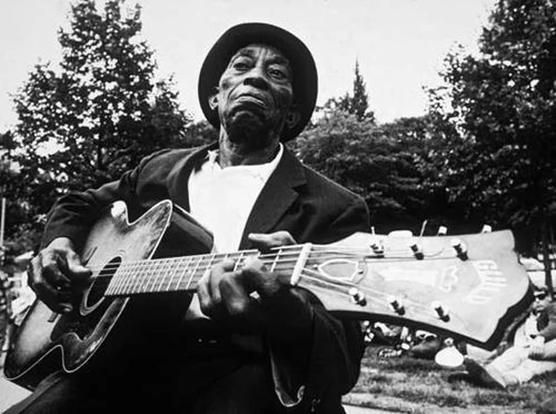This past week, 99 years ago, Miles Dewey Davis III was born in Alton, Illinois.
On November 12, 1989, on 60 Minutes, Harry Reasoner asked him if Black musicians were better at jazz and blues because of slavery. The question could’ve gone sideways.
What Davis said—quietly, precisely—was about rhythm, memory, race, and the meaning of swing. #music #Jazz #Histodons #history #blackmastodon #photography #blackandwhite
1/12
Image: Miles Davis, Hackensack, New Jersey, 1954, photo by Francis Wolff.


